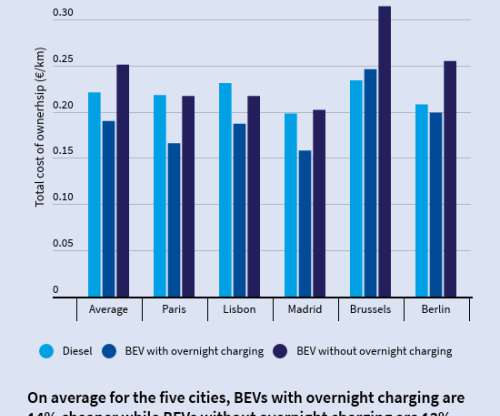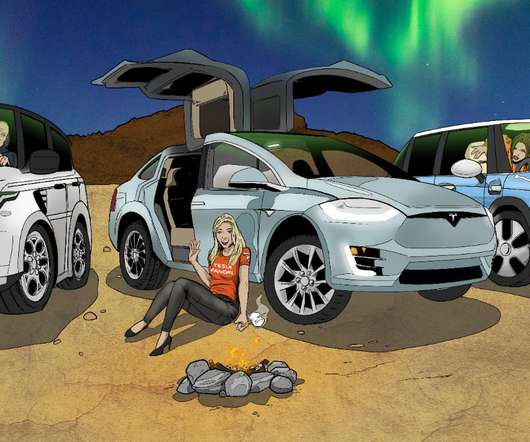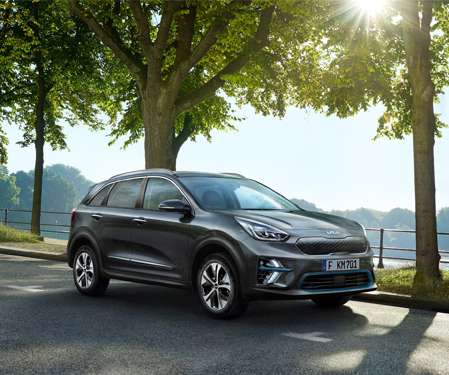T&E study: EVs can be cheaper for Uber drivers to run than latest diesels in many European capitals
Green Car Congress
JUNE 18, 2020
This is because of cheaper electricity, lower EV retail prices and higher purchase incentives in France. The taxi and ride-hailing markets are best positioned to go fully electric first. Uber-type drivers can do up to five times more kilometers than an average motorist. —Yoann Le Petit, new mobility expert with T&E.












Let's personalize your content